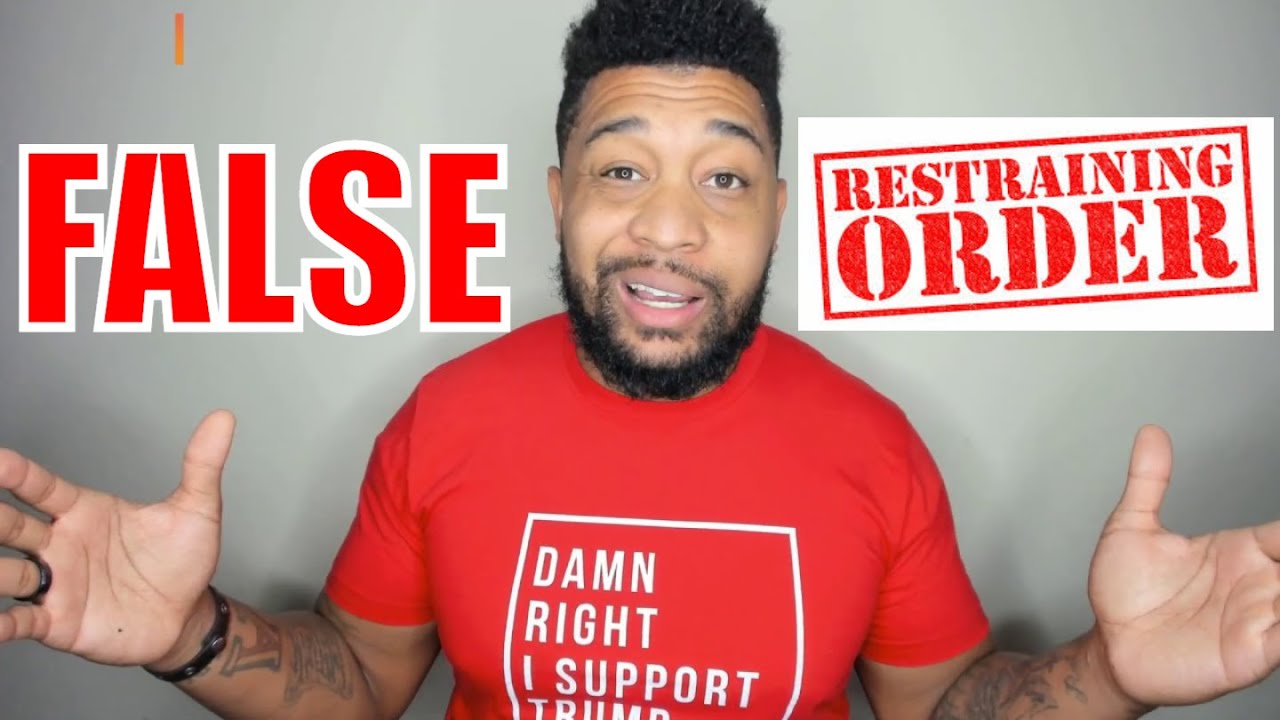What Is a No Contact Order?
A no contact order, also known as a restraining order, is a legal order issued by a court that prohibits one person from contacting or communicating with another person. It is designed to protect victims of harassment, domestic violence, or stalking by creating a physical and emotional distance between the parties involved. In Rhode Island, obtaining a no contact order involves a specific legal process outlined by state laws.
Understanding the Legal Basis in Rhode Island
In Rhode Island, the legal basis for obtaining a no contact order is provided by the state’s Domestic Violence Prevention Act. This act allows individuals who have been subjected to domestic abuse, harassment, or stalking to seek legal protection through a no contact order. It is important to note that Rhode Island recognizes both past and present abuse as grounds for obtaining such an order.
Who Can Request a No Contact Order?
Any person who believes they have been a victim of domestic abuse, harassment, or stalking can request a no contact order in Rhode Island. This includes spouses, former spouses, adults related by blood or marriage, individuals who have children together, and those involved in a substantive dating or engagement relationship.
Grounds for Obtaining a No Contact Order
To obtain a no contact order in Rhode Island, the petitioner must demonstrate that they have been a victim of domestic abuse, harassment, or stalking. This can be done by providing evidence such as police reports, medical records, photographs, witness statements, or any other relevant documentation that supports their claim.
The Initial Filing Process in Rhode Island
To initiate the process of obtaining a no contact order in Rhode Island, the petitioner must file a complaint at the local Family Court. This can usually be done at the Clerk’s Office, where the petitioner will be provided with the necessary forms to complete. It is crucial to provide accurate and detailed information in the complaint to ensure the court understands the situation fully.
Essential Documents and Information Required
When filing the complaint for a no contact order in Rhode Island, the petitioner must include essential documents and information. This typically includes personal identification, contact information, a detailed description of the incidents leading to the request, and any supporting evidence or documentation. It is important to compile all relevant information ahead of time to ensure a smooth and efficient filing process.
Serving the No Contact Order to the Opposing Party
Once the complaint has been filed, the court will issue a temporary no contact order. This order must be served to the opposing party, ensuring they are aware of the legal restrictions placed upon them. In Rhode Island, the order can be served by an authorized law enforcement officer, a constable, or any other person over the age of 18 who is not a party to the case.
The Response from the Opposing Party
After being served with the temporary no contact order, the opposing party has the opportunity to respond to the allegations made in the complaint. They may choose to file a response or attend the scheduled hearing to present their side of the story. It is crucial for both parties to follow the legal process and attend all required hearings to ensure their case is properly heard.
Setting the Date for the Hearing
Once the complaint and response have been filed, the court will set a date for a hearing. This hearing is an opportunity for both parties to present their evidence, testimonies, and arguments before a judge. The court will consider all the information presented before making a decision regarding the no contact order.
Preparing for the No Contact Order Hearing
Prior to the hearing, it is essential for both parties to prepare thoroughly. This includes gathering all relevant evidence, contacting witnesses who can support their claims, and familiarizing themselves with the specific laws and regulations pertaining to no contact orders in Rhode Island. It may also be beneficial to consult with an attorney who specializes in domestic violence cases to ensure proper legal representation.
Presenting Evidence and Testimonies
During the no contact order hearing, both parties will have the opportunity to present their evidence and testimonies. This can include witness statements, photographs, medical records, text messages, or any other relevant evidence that supports their case. It is important to be organized, concise, and respectful when presenting information to the judge.
The Judge’s Decision and Next Steps
After considering all the evidence and testimonies presented during the hearing, the judge will make a decision regarding the no contact order. If the judge determines that there is sufficient evidence to support the petitioner’s claims, they may issue a final no contact order, which can have a duration of up to three years. The judge may also choose to modify or deny the request based on the presented evidence. It is crucial for both parties to understand and comply with the judge’s decision, as violating a no contact order can lead to severe legal consequences.





